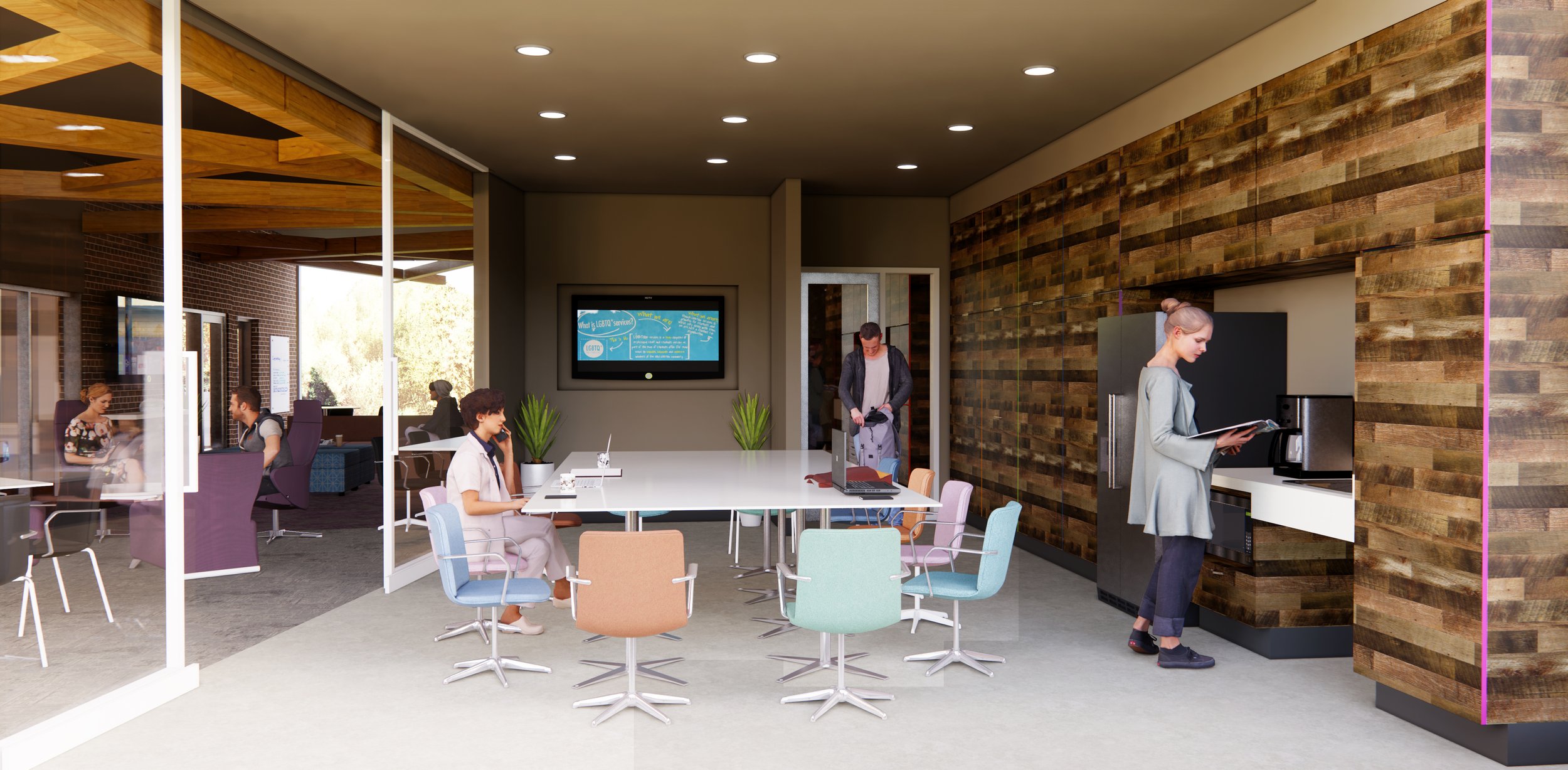How Campus Housing Can Meet LGBTQIA+ Student Needs
When a growing population of LGBTQIA+ students requests safe, equitable on-campus housing, universities are increasingly faced with the question of how best to meet their needs. Housing officers across the country are taking this issue much more seriously, in light of the bullying and isolation that often occurs in unsupervised residential settings. For LGBTQ+ students, a walk to the restroom or shower can be terrifying. Indeed, suicide attempts are currently estimated at nine times higher than average among transgender and gender non-conforming people. (credit) But accommodating the community is rarely as straightforward as it might appear. “The LGBTQIA+ community is very diverse,” says Genny Beemyn, Director of the Stonewall Center at the University of Massachusetts. “Some students are very active and up-front about their identities. Others don’t want to be identified by it – they just want a safe place to live while they pursue their degrees.” The most critical housing feature, however, remains constant: safety, privacy, and an available supportive community. Apartment-style, where students may select their housemates without regard to gender or orientation, is often the most optimal housing arrangement. “Gender-neutral housing is the most democratic and inclusive option,” Beeman explains, “especially for returning students, who usually have their roommates in mind. Also, this housing can include any students who want to live together–including friends and siblings.”
“Gender-neutral housing is the most democratic and inclusive option,” Beeman explains.
In a more conventional residence hall, private rooms with private bathrooms are still good, and suite-style rooms with shared bathrooms are okay. Community restrooms and showers are not a good fit. Additionally, a student apartment such as this can be the right fit for an LGBTQIA+ student, as the separation of beds and baths affords more privacy. There are some concessions, however, to adapt the economy of the “traditional” hall arrangement. Multiple, single-occupancy bathrooms on the hall can provide the needed privacy and security while keeping the plumbing system affordably compact. If community restrooms are unavoidable, they should be configured with fully private, lockable showers and toilets. Community spaces are still important, no matter what types of students live there. “In spite of the diversity, I still think it’s important to have space for everyone to meet,” says Beemyn. “This could be a multi-use space, for meeting, studying, or dining.” As with any campus group, food brings people together, and cooking together builds community. In addition to the social and work spaces needed in any res hall, counseling services – either academic or mental health – could be useful on-site. Access to the campus’s LGBT Student Center should be convenient, but not necessarily linked, to avoid alienating commuters.
Learn more about this topic: "A University Recognizes a Third Gender: Neutral":"They" has become a popular substitute for "he" or "she" and 12,700 students at the University of Vermont have agreed to use this third gender term.
Human Rights Campaign:This non-profit organization offers tools and connections to LGBT students.
The Pride Center:Lehigh University offers LGBTQIA services at the campus' Pride Center for Sexual Orientation and Gender Diversity and shares their LGBTQ housing options.
"Generation LGBTQIA": The New York Timesprofiles transgender students and shows how they are creating a political identity all their own.
"Transgender activist Genny Beemyn finds packed house for presentation": The Diamondback shares highlights from "Beyond the Binary: The Lives of Trans People Today" presented by transgender author and activist Genny Beemyn.
"Colleges see gay students as new new market": The Hechinger Report shares how universities are welcoming students who are transgender and the business behind it.
"For Transgender Students, Business Schools Are a Transition":The New York Times explores how M.B.A. students and business schools are addressing gender issues.
"LGBT fraternities and sororities look to make Greek life more inclusive"-USA Today Collegeshares the story of Gamma Rho Lambda sorority at UT-Austin and explores inclusive Greek life across the country.


